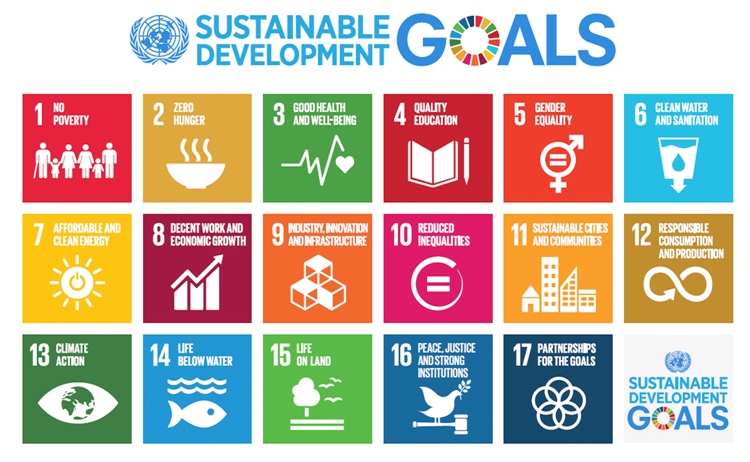Minister declares Ghana’s progress on SDGs through VNR report in New York

- Country:
- Ghana
Ghana has made progress on the varied Sustainable Development Goals set by the United Nations General Assembly in 2015 for the year 2030. In a recent voluntary national review report presented by the Ghanaian development economist and Minister of Planning, George Gyan-Baffour revealed at the United Nations’ headquarter in New York that the West African country’s poverty declined marginally from 24.2 percent in 2013 to 23.4 percent in 2017.
According to George Gyan-Baffour, Ghana has made progress on many of the Sustainable Development Goals (SDGs) targets and key macroeconomic indicators, including budget deficit, inflation and interest rates, were trending downwards, adding that trade balance recorded surpluses in 2017 and 2018, leading to an improved balance of payment position. This has been mentioned in Ghana’s first voluntary national review (VNR) report on the implementation of the 2030 SDGs presented at the High Level Political Forum (HLPF) at the United Nations.
The report further shows that the introduction of the free Senior High School flagship initiative resulted in additional 271,000 students enrolling in SHS for the 2017-18 and 2018-19 academic years adding that gender parity was achieved at the basic level, as reported by Ghanaian Times. He further stated that the proportion of the population with access to electricity has also improved from 70.6 81.1 percent from 2013 to 2017.
He also stated in the report that Ghana had started the implementation of the Forest Plantation Strategy 2017-2040 and there has been a marginal increase in the forest cover. This initiative is to save the forest cover to achieve a sustainable supply of planted forest goods and services. Alexandra Bankole Williams jointly presented the country’s VNR with the minister highlighted the readiness of Civil Society Organisations (CSOs) to collaborate with the government to improve awareness creation on the SDGs. Bankole Williams is a visually impaired person.
According to Williams, citizens’ awareness of the SDGs was crucial because many of the SDGs can only be achieved through behavioural change. However, there have been some challenges to achieve the SDGs to include lack of sustained financing. Improving domestic resource mobilisation and leveraging available resources from the private sector would be required to accelerate the implementation of priority interventions, Gyan-Baffour said. He also added some vital lessons learnt with the implementation of the UN’s SDGs, which include the importance of developing strategic partnerships with key stakeholders, building strong linkages among the government, research institutions, academia, the private sector and other stakeholders for research and innovation etc.
Also Read: FT Africa Summit 2019 – Efforts through roadmaps to unlock huge biz potential










